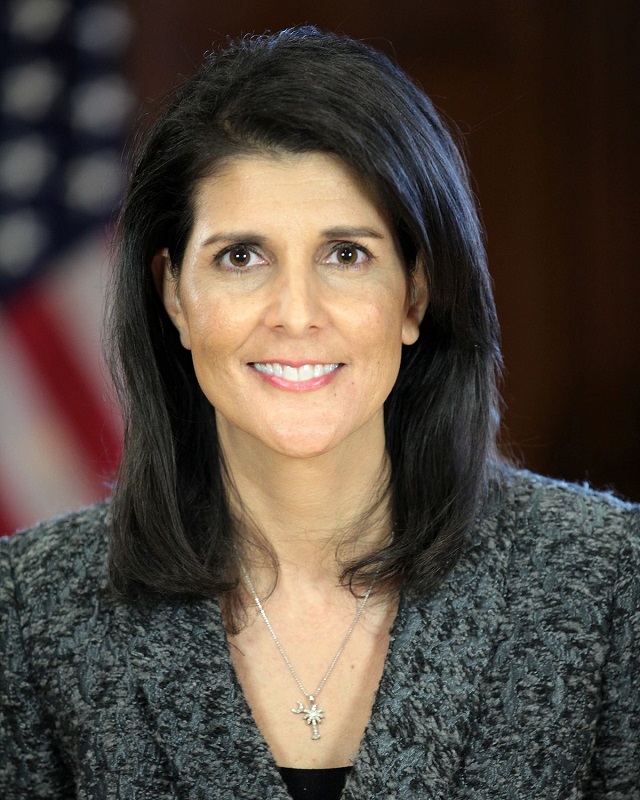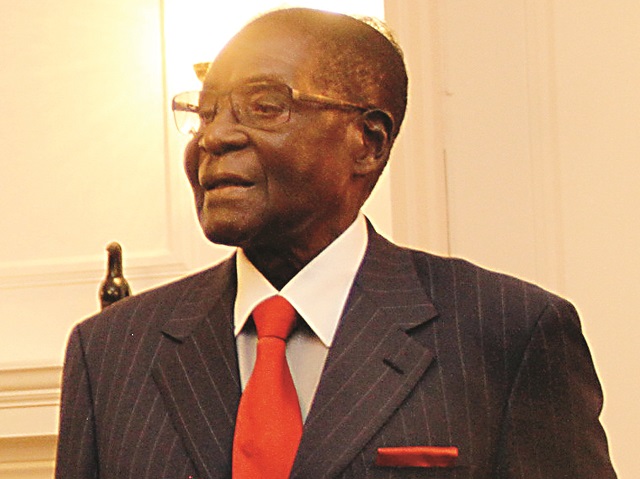North Korea warns US, Japan: Threatens to turn US to ‘ashes’, sink Japan ‘into the sea’

North Korea has threatened to sink Japan and reduce the US to “ashes and darkness” for leading the latest UN Security Council sanctions imposed on the country.
The Security Council on Monday unanimously approved a US-drafted resolution, which bans Kim Jong-un’s government from exporting textiles and restricts the shipment of oil products.
Reacting to the vote yesterday, North Korea said the US ought to “be beaten to death” for spearheading the penalties.
The Korea Asia-Pacific Peace Committee, which handles Pyonyang’s external ties and propaganda, also singled out Tokyo for “dancing to the tune” of the US-led resolution.
“The four islands of the archipelago should be sunken into the sea by the nuclear bomb. Japan is no longer needed to exist near us,” a statement carried by North Korea’s state media organisation, the Korean Central News Agency (KNCA), said.
Japanese officials strongly condemned the statement, labelling it “extremely provocative and egregious.”
“It is something that markedly heightens regional tension and is absolutely unacceptable,” Yoshihide Suga, Japan’s chief cabinet secretary, said yesterday.
Tensions have risen in the area in recent weeks following North Korea’s sixth, and most powerful, nuclear test to date on September 3.
The sanctions, which also make it illegal for foreign firms to form commercial agreements with North Korean organisations, were approved by all 15 members of the Security Council, including China and Russia.
Nikki Haley, the US ambassador to the UN, claimed the measures — which are a watered-down version of the original US-drafted plan — will starve North Korea of at least $1.3bn in annual revenues.
She told the Security Council on Monday that the US continues to seek a peaceful resolution to the crisis, saying North Korea has not yet “passed the point of no return.”
“If it [North Korea] agrees to stop its nuclear programme, it can reclaim its future. If it proves it can live in peace, the world will live in peace with it,” she said.
Meanwhile, Nato officials say they are closely watching Russia’s biggest war games since 2013 with many unnerved about what they see as Moscow testing its ability to wage war against the West.
Nato believes the exercises — which officially started yesterday in Belarus, the Baltic Sea, western Russia and the Russian exclave of Kaliningrad — are already under way. It says they are larger than Moscow has publicised, numbering some 100 000 troops, and involve firing nuclear-capable ballistic missiles.
Codenamed Zapad or “West”, Nato officials say the drills will simulate a conflict with the US-led alliance intended to show Russia’s ability to mass large numbers of troops at very short notice in the event of a conflict.
Lithuania’s Defence Minister Raimundas Karoblis voiced widely felt fears the drills risk triggering an accidental conflict, or could allow Moscow to leave troops in neighbouring Belarus.
“We can’t be totally calm. There is a large foreign army massed next to Lithuanian territory,” he said.
Some Western officials — including head of the US Army in Europe, General Ben Hodges — have raised concerns that Russia might use the drills as a
“Trojan horse” to make incursions into Poland and Russian-speaking regions in the Baltics.
The Kremlin firmly rejects any such plans. Russia says some 13 000 troops from Russia and Belarus will be involved in the September 14-20 drills, below an international threshold that requires large numbers of outside observers.
Moscow says it is the West that threatens stability in Eastern Europe because the US-led Nato alliance has put a 4 000-strong multinational force in the Baltics and Poland. With Russia’s seizure of Crimea in 2014 and its intervention in Syria’s war in 2015, Nato is distrustful of the Kremlin’s public message.
In Crimea, Moscow proved a master of “hybrid warfare”, with its mix of cyberattacks, disinformation campaigns, and use of Russian and local forces without insignia.
Nato, a 29-nation defence pact created in 1949 to deter the Soviet threat, has already begun its biggest modernisation since the Cold War, sending four battalions to the Baltics and Poland, setting up an agile, high-readiness spearhead force, and developing its cyberspace defences.
But Nato has deliberately taken a slow approach to its military build-up to avoid being sucked into a new arms race, even as Russia has stationed anti-aircraft and anti-ship missiles in Kaliningrad, the Black Sea and Syria. — Al Jazeera










Comments